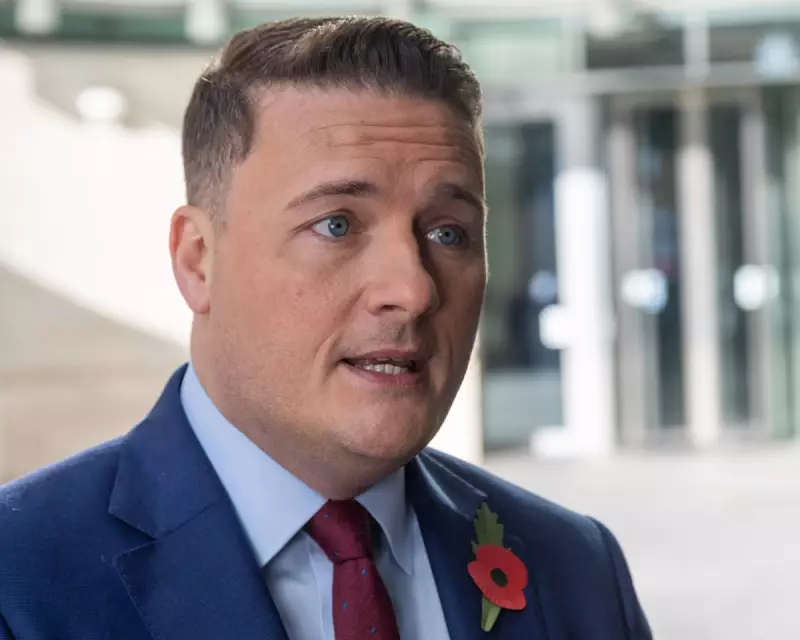
The National Health Service is braced for major disruption as a fresh wave of strikes by junior doctors in England has been confirmed after last-minute talks between the government and medical unions collapsed.
Health Secretary Wes Streeting had presented what he described as a "final offer" in a desperate attempt to avert the industrial action, but representatives from the British Medical Association (BMA) have unanimously rejected the proposal, declaring it insufficient to resolve the long-running pay dispute.
Breaking Point in NHS Pay Negotiations
The rejected offer, delivered during emergency talks on Tuesday, marks the latest failure in attempts to end the bitter dispute that has seen multiple rounds of strikes over the past two years. Both sides remain deeply divided over pay restoration for junior doctors, who have seen significant real-terms salary reductions since 2008.
The BMA's junior doctors committee stated that the government's proposal failed to meet their key demands, particularly regarding a credible path toward restoring pay levels to their historical value. Union leaders expressed frustration that the offer did not represent what they consider a serious attempt to resolve the fundamental issues driving the dispute.
Impact on Patients and Services
With the strike action now confirmed to proceed:
- Thousands of NHS appointments and non-urgent procedures will be cancelled across England
- Emergency care will be prioritised, with consultants covering junior doctors' roles
- Patients are being urged to use NHS services only for serious and life-threatening conditions
- Hospital trusts are implementing major incident plans to manage the disruption
The timing of the strikes could not be worse for the NHS, which typically experiences increased pressure during the winter months. Health service leaders have warned that the cumulative impact of repeated strikes is causing significant damage to efforts to reduce waiting lists and recover from pandemic backlogs.
Political Fallout and Next Steps
The breakdown in talks represents a major challenge for Health Secretary Wes Streeting, who had pledged to resolve NHS disputes through negotiation rather than confrontation. The government now faces the prospect of entering another winter of healthcare disruption without a clear path toward resolution.
Meanwhile, junior doctors remain steadfast in their position, arguing that without adequate pay restoration, the NHS will continue to lose medical talent to other countries and the private sector, exacerbating staffing crises across the health service.
With both sides appearing entrenched in their positions, patients across England face further uncertainty as the NHS prepares for another period of significant industrial action that threatens to deepen the healthcare crisis.





